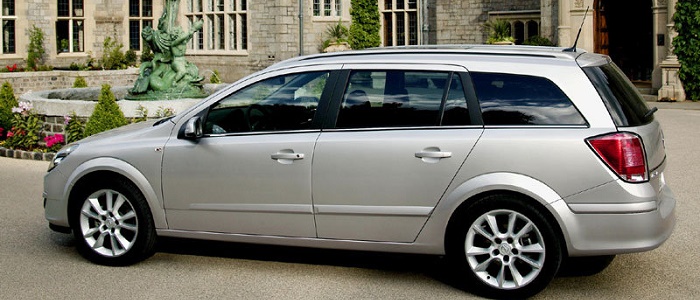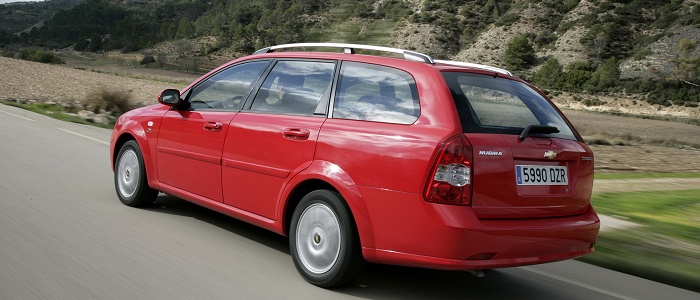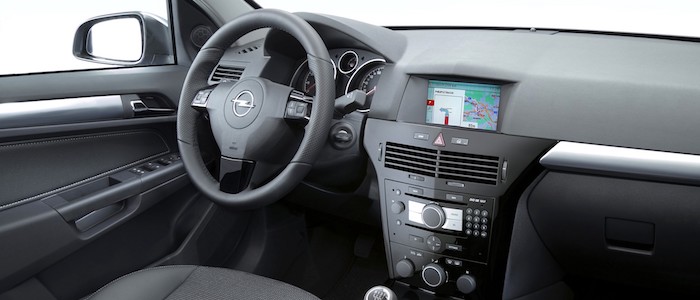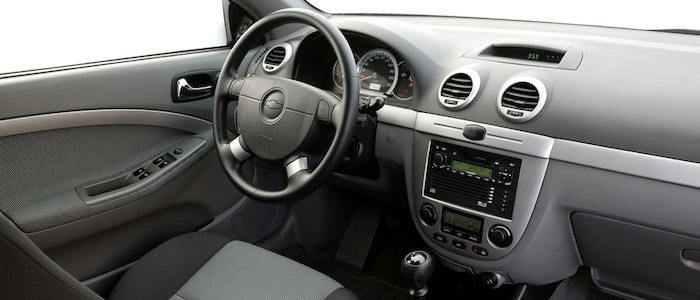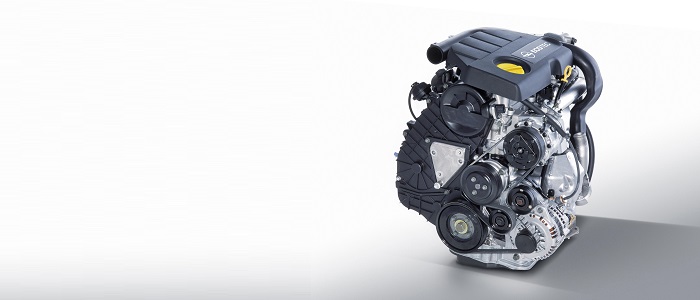Compare two cars
Compare any two cars and get our Virtual Adviser™ opinion
Dimensons & Outlines
Check vehicle history
Engine
Performance (manual gearbox)
Performance (automatic gearbox)
Expenses
Virtual Adviser's™ opinion
Well, these are two pretty similar cars we have here! It's only details that could potentially make the difference. Considering they both belong to the small family car segment and utilize the same 5-door wagon body style and the front wheel drive system, it all comes up to the specific diesel engine choice they offer. The first one has a Isuzu-engineered powertrain under the hood, a 4-cylinder, 16-valves 80hp unit, while the other one gets its power and torque from a 4-cylinder, 16-valves 121hp engine designed by VM Motori.
SafetyThe fact that the Opel got tested by the European New Car Assessment Programme (Euro NCAP), while the other contender didn't, puts it sky-high safety-wise, in my eyes at least. Moving further on, let's take a closer look at some additional safety-related facts. Both vehicles belong to the small family car segment, which is generally classifying them somewhere in the middle safety-wise, but that fact doesn't break the tie between the two cars. On the other hand, when it comes to weight, a factor that most people underestimate, the American car offers a marginal difference of 4% more metal.
ReliabilityManufacturers have been building their reliability reputation for decades now and, generally speaking, it appears that Chevrolet does have a slight advantage, at least on all of the models level. That's the official data, while our visitors describe reliability of Opel, as well as Chevrolet, with the same average rating of 4.2 out of 5. Some independent research have also placed Astra as average reliability-wise, and Lacetti is more or less at the same level.That apart, owners of different cars powered by the same engine as the German car rank it on average as 4.1, while the one under the competitor's bonnet gets 4.9 out of 5.
Performance & Fuel economyChevrolet is way more agile, reaching 100km/h in 5.6 seconds less than its competitor. In addition to that it accelerates all the way to 186 kilometers per hour, 18km/h more than the other car. When it comes to fuel economy the winner has to be the German car, averaging around 5 liters of fuel per 100 kilometers (57 mpg), in combined cycle. We can't ignore that 20% difference compared to the American car.
Verdict
Chevrolet appears just a bit more reliable, although the difference is truly marginal. The most important thing when deciding between any two vehicles should always be safety, both passive and active. In my opinion, everything taken into account, the German car beats the other contender by far, making it the best choice without even considering other things. From there things take a different direction, with Chevrolet outracing its opponent in any situation possible, making it better choice for boy racers. It does come at a cost though, and that's the fuel consumption... I believe that, when we take all into account, we have only one winner here - the Opel. In any case that's my personal view, built upon all the data available to me. What should decide here though is the way you feel about the two vehicles, and I hope you'll find my guidelines useful in the process. Also, you could use the oportunity to find out which car, everything taken into account, would be the perfect choice for you in the eyes of the virtual adviser™, out of 12.000+ vehicles we currently have in our database.
Related articles
Whenever we think of ISUZU, which we never do, it's usually a tiny bus, ridiculously high for its length and width, that we have in mind, most likely provided by a travel agency as a part of a low interest optional trip to some God-forgotten village. What we should have in mind though...























